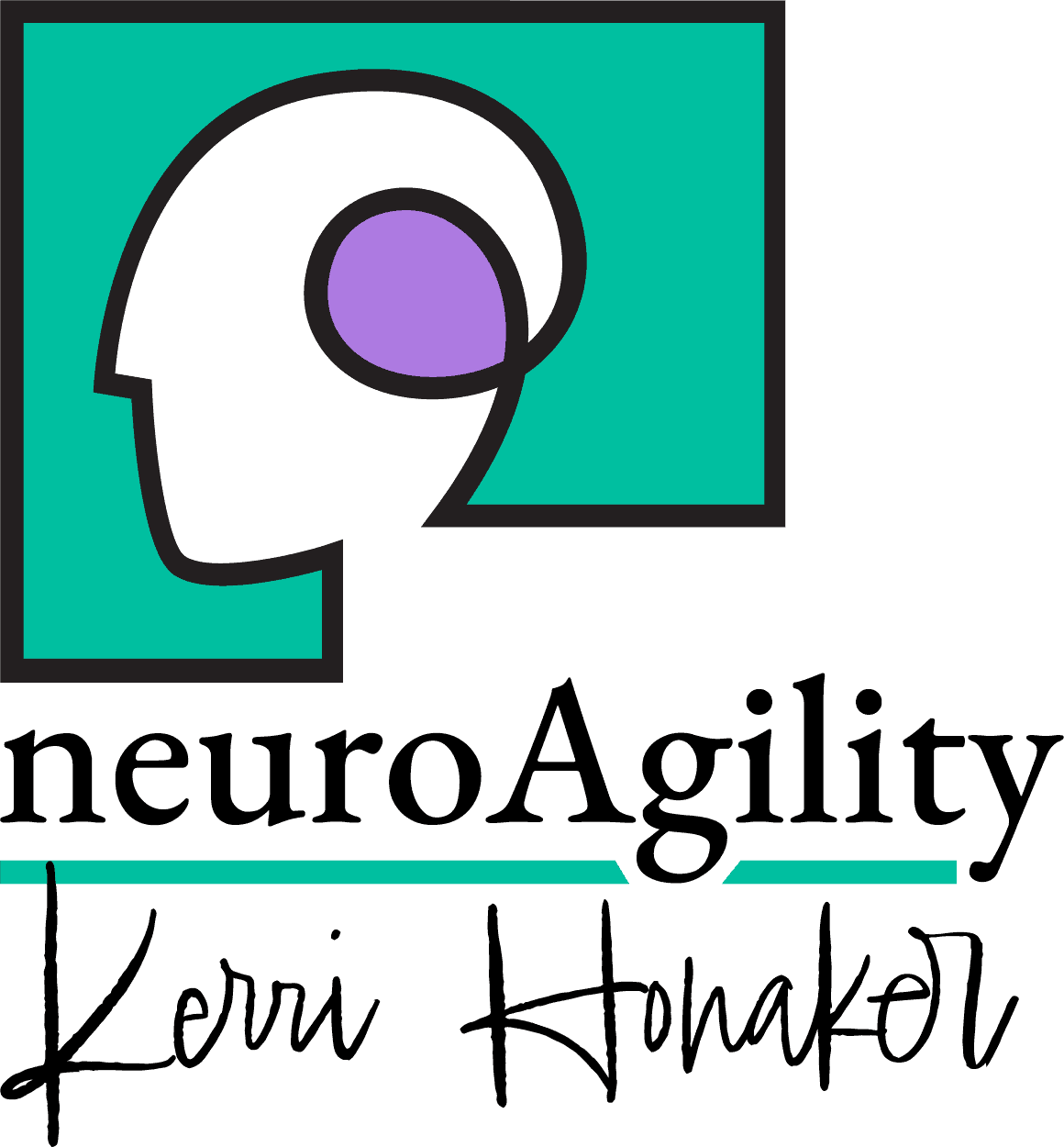-
Kids of Helicopter Parents Are Sputtering Out
Recent studies suggest that kids with over involved parents and rigidly structured childhoods suffer psychological downfall in college. Full Article: Slate Magazine, “Kids of Helicopter Parents Are Sputtering Out”
-
Increased Brain Connectivity Eases Teenage Impatience
Communication between brain regions allows adults to better consider the future. Full Article: ars technica, “Increased Brain Connectivity Eases Teenage Impatience”
-
Competitive Environment Complicates Decisions About Head Injuries
Injuries sustained by several players in high profile cases have troubled concussion activists. They say that despite clear progress in the recognition and treatment of head injuries in soccer, it is often up to the injured athlete or that athlete’s coach to determine when an injury requires removal from play. Mandatory stoppages and temporary substitutions…
-
Software Helps Maintain Sleep Schedule
·
· SleepThis is an excellent free resource for the chronologically challenged late night student or web surfer: http://www.stereopsis.com/flux/ It is a small program that you download and install. It takes just a couple minutes to setup, then you forget about it. Throughout the day, f.lux will subtly and gradually alter the color temperature of your monitor.…
-
Far Too Many Smart, Geeky Kids End Up in the Basement
Autism advocate Temple Grandin tells Neil deGrasse Tyson why many students are underserved in the classroom. Full article: Salon, “Far too many smart, geeky kids end up in the basement”
-
The Power and Purpose of the Teenage Brain
This week neuroAgility staff attended an inspiring lecture by physician and best selling author Daniel J. Siegel, MD entitled “Understanding and Nurturing the ESSENCE of Adolescents and Teens”. We’ve added another of his books to our list of reading suggestions. Dr. Siegel is a strong proponent of neurofeedback and meditation. Brainstorm: The Power and Purpose…
